When Indian National Congress leader Rahul Gandhi recently visited Delhi University, his arrival instantly led to fiery clashes between opposing student factions. The trip, which had been designed to reach out to young voters in the run-up to the election, had soon become a battleground for opposing political ideologies.
Student activists from different political leanings were outside the university gates, setting the tone for a tense visit. The atmosphere turned rowdy as Gandhi’s party supporters and opponents engaged in shouted exchanges, with campus security forces trying to control the situation.
The clash started when students of the Akhil Bharatiya Vidyarthi Parishad (ABVP), the student wing of the current ruling party, called protests against Gandhi’s arrival. According to these students, the arrival of the Congress leader would disturb academic life and politicize the academic climate.
At the same time, Congress party-affiliated members of National Students’ Union of India (NSUI) opposed these protests by staging their own demonstrations in favor of Gandhi’s access to students. The opposing groups clashed with each other, with both sides shouting slogans and holding banners.
Critical issues of dispute were:
- Issues of political intervention within educational institutions
- Discussions on freedom of speech and political activism on the campus
- Issues regarding the timing of the visit coinciding with the exam sessions
- Differences over university policy on political events
Rahul Gandhi: University Administration Under Pressure
Delhi University administrators were torn between rival political currents as they tried to contain the situation. The administration was criticized from both sides, with some saying they should have barred the visit altogether and others saying they were limiting democratic discussion.
Security personnel were sent across the campus to avert any eruption of violence among the rival student groups. Even with these, tensions were high during Gandhi’s short visit with several minor confrontations reported between activists.
The university’s approval for the visit raised controversy regarding the role of schools in political events. Opponents criticized that such events undermine the academic credibility of the universities, whereas proponents claimed political participation is crucial for student maturation.
Rahul Gandhi Addresses Student Concerns
In spite of the aggressive welcome by some sections, Rahul Gandhi was able to speak at a rally of students in the university’s central auditorium. In his speech, he dwelt on job opportunities for young graduates, education reforms, and youth involvement in democratic processes.
Gandhi accepted the controversy of his visit but reiterated the necessity of open discussion between political leadership and students. He believed that universities must be used as forums for democratic debate and not as ivory towers, disconnected from political realities.
The leader of Congress further berate the policies of the present government for education and jobs, adding that youth deserve better and be heard in decisions. His comments were met with both applause and jeers from the diverse crowd.
Rahul Gandhi’s Opposition Parties React to Controversy
After the controversial visit, political party leaders opined about the event. The BJP leaders condemned Gandhi’s visit to campus, stating that it broke the credibility of educational institutions and interfered with students’ academic studies.
Congress party leaders justified the visit, saying that meeting students is an integral part of democratic politics. They blamed the ruling party for creating the row to dissuade opposition leaders and youth voters from having meaningful discussions.
Other opposition parties reacted dividedly, with some going for the freedom of political leaders to visit universities and others doubting the prudence of such visits at times of nervousness such as examination seasons.
Influence on University Politics
The clash has brought to the surface the profound political differences existing within Delhi University’s student population. The conflicts are themselves symptomatic of wider national political trends, as campus politics becomes more reflective of the polarized character of Indian democracy.
Delhi University student union elections have long been highly competitive, with prominent political parties spending a lot of resources on campus politics. The latest event has further escalated such rivalries, which could have an impact on subsequent student political activities.
The university faculty and academic personnel have voiced anxiety over increasing politicization of college life. Many are concerned that those confrontations will undermine the basic educational purpose of the college and produce an antagonistic learning climate.
Implications for Student Politics
This episode poses significant questions regarding the interface between national politics and university life. As political parties become more interested in youth votes, similar face-offs might become more frequent at Indian educational institutions.
The controversy also calls for explicit guidelines on political activity at university campuses. The balance between democratic participation and academic integrity continues to pose a challenge for educators across the country.
In the future, university administrators need to improve ways of coping with political events without undermining the institution’s educational purpose. The students, on their part, need to learn to participate politically without intruding on their study environment or resorting to violence.
The Gandhi visit is a case study of the intricate role of politics and education in modern India, And an illustration of how national tensions regarding politics necessarily filter into study environments.

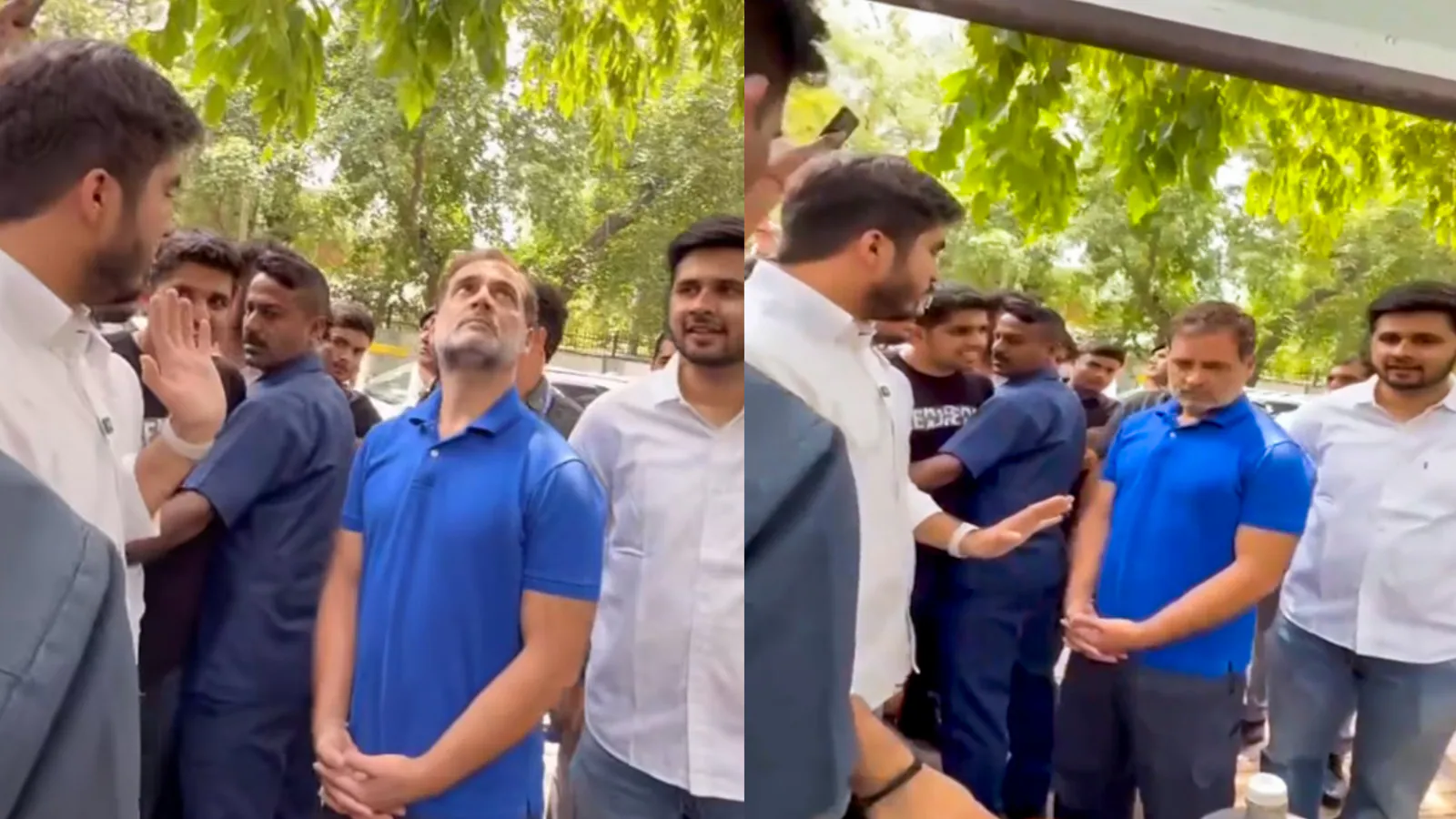
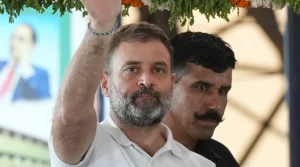
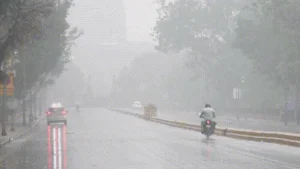
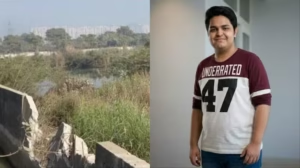
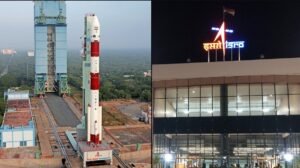
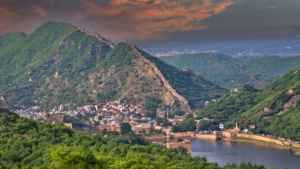
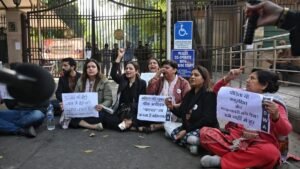
Be First to Comment